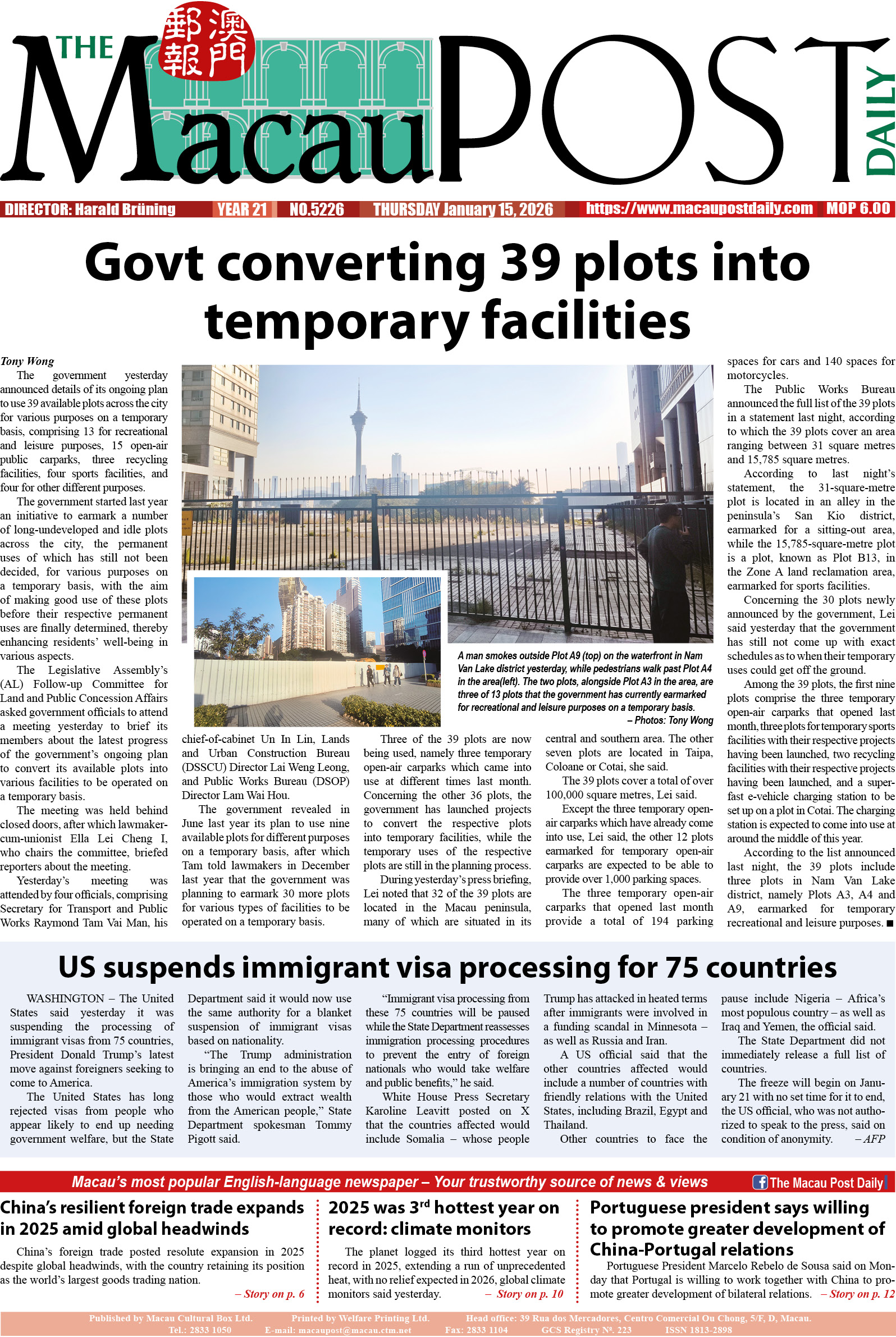China Daily Editorial
If the pullout of thousands of Israeli troops from the northern Gaza Strip starting from Monday can help to effectively reduce the intensity of the fighting in the Palestinian enclave, it merits a reserved welcome.
If it leads to a cease-fire with Hamas that heralds the Palestinian issue returning to the negotiation table, then it is to be warmly welcomed.
However, neither of those prospects appears likely. Shortly after Tel Aviv announced the withdrawal of the five brigades, senior Hamas official Saleh al-Arouri and two leaders of Hamas’s elite al-Qassam military brigades were killed in an explosion in the southern Beirut suburb of Dahiyeh, reportedly caused by a targeted Israeli drone strike. Although Tel Aviv has not accepted responsibility, it said “whoever did this… it was a surgical strike against the Hamas leadership”.
That prompted Hezbollah to say that its finger “is on the trigger” as it promised vengeance for Arouri’s death. With the conflict between the United States and Houthi forces escalating in the Red Sea, it appears more likely that the Gaza hostilities will expand into a broader conflict rather than reach a turning point.
The withdrawal of the troops can be regarded as a strategic compromise of the Benjamin Netanyahu government. None of its objectives, ranging from pressing Hamas to release the remaining hostages it is holding to turning Gaza into a buffer zone after uprooting Hamas, has been realized or looks likely to be. It has also come under mounting pressure from the world, including the US, which is still putting tremendous inputs into supporting Ukraine in its conflict with Russia, as well as growing domestic opposition. All of which have prompted it to make the decision.
In particular, the softening support of the enough-is-enough US in the face of the rising civilian death toll has been a major factor influencing its decision. Were it not for the US’ support, Israel would not have been able to sustain its military operations in Gaza with such intensity for so long.
That the US started withdrawing its USS Gerald R. Ford aircraft carrier strike group from the Israeli coast in the Eastern Mediterranean on Monday, where it will be replaced by the amphibious assault ship the USS Bataan and its accompanying warships, the USS Mesa Verde and the USS Carter Hall that had been in the Red Sea, sends the signal that the Gaza conflict will enter a new phase of low-intensity campaigns, featuring surgical strikes against remaining Hamas strongholds and “pockets of resistance”.
The international community should seize the opportunity of the Israeli withdrawal to deliver humanitarian aid to the besieged civilians in Gaza. At the same time, the US should take advantage of its unique influence on Tel Aviv to prevent the conflict from expanding further into the southern Gaza Strip and help broker a cease-fire at an early date.
– Courtesy of China Daily





